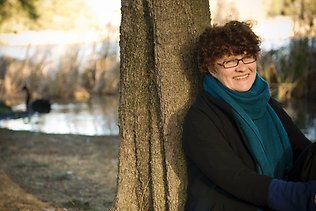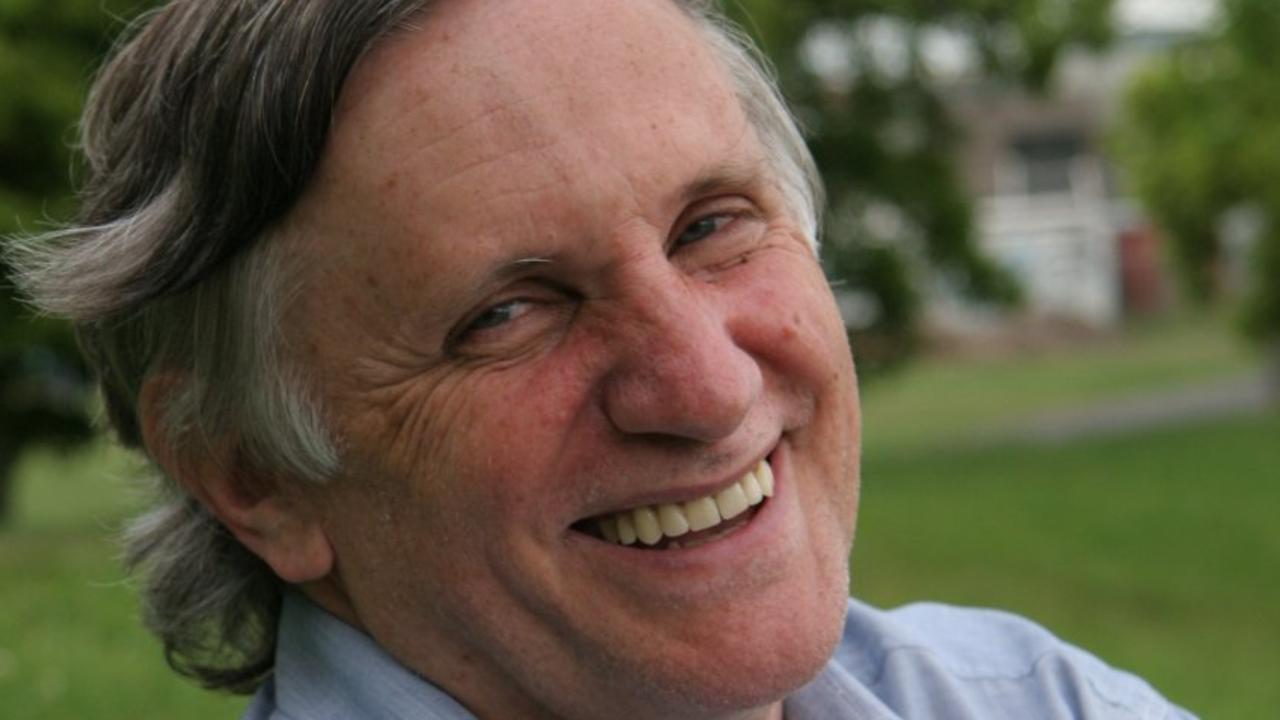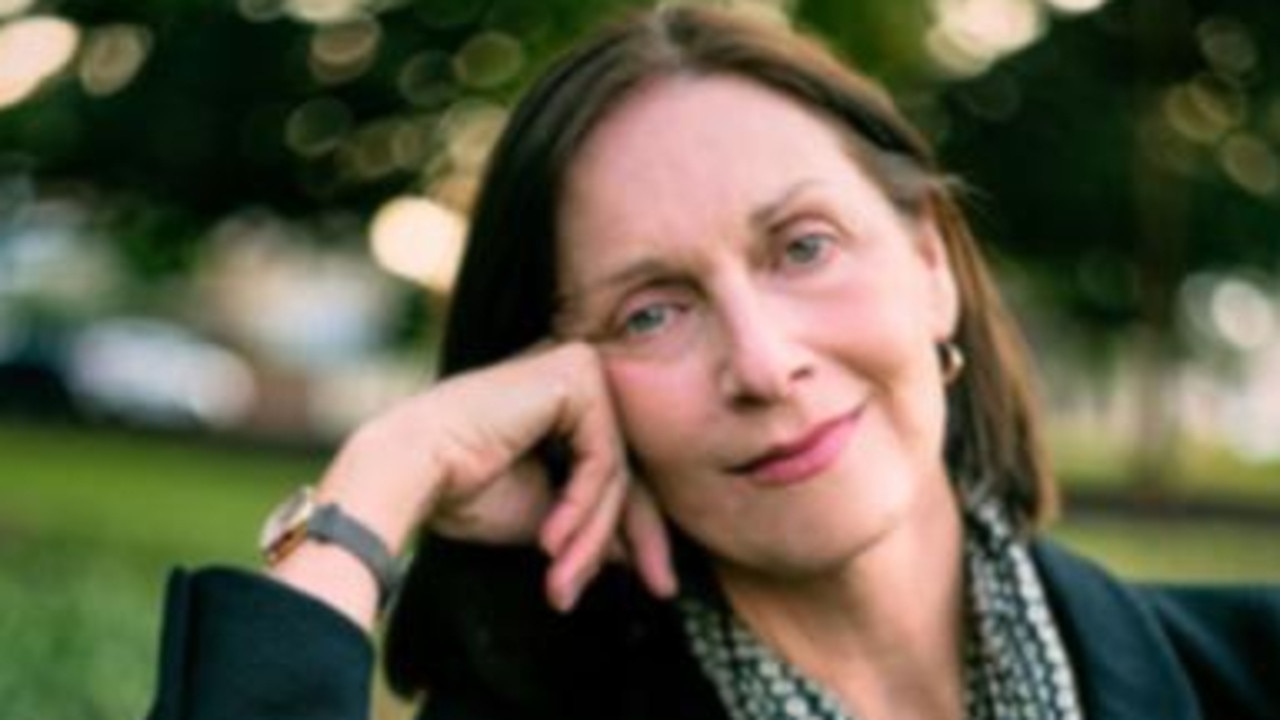Colonial secrets surface
Concluding her colonial trilogy took Kate Grenville on a journey that closely mirrored her own quest for family knowledge.

KATE Grenville has been digging up dirt on her own family for more than a decade, resulting in three novels illuminating Australia's past.
Her latest novel Sarah Thornhill, which completes her colonial trilogy of The Secret River and The Lieutenant, holds particular meaning for her.
"The journey Sarah Thornhill takes, which is to discover the dirty secrets in her family's past and be confronted with what to do about this awful thing and then to go and tell the story, is exactly what I did in writing the book," Grenville says over the phone from her home in Canberra.
"That's the reason why this book is particularly close to my heart, because her journey and my journey are in lock step."
Sarah Thornhill stems from a snippet of oral history about her convict forebear Solomon Wiseman - who was the model for the character William Thornhill in The Secret River - throwing his daughter out of the house after she became pregnant to the riding master and her subsequent death. Grenville traced the story to New Zealand,
where Wiseman's son had settled with his Maori wife. It made sense that the girl thrown out of the house was Wiseman's part-Maori granddaughter, who had been sent to live with her European family in Australia after her parents died.
"I felt that here was a person whose story, which must have been a very sad one, has nearly been lost," Grenville says. "I have that sense of paying some kind of homage to her . . . she has now been remembered."
She says women such as her narrator Sarah, who is the girl's aunt and William Thornhill's daughter, have just about vanished from the records, too.
"Women's lives were the drudgery of housework and child care and until recently nobody thought that was worth writing down or recording in any way.
So when you go looking for those women, rural working-class women, you can see them at a distance in Henry Lawson stories and things like that, but fairly unsympathetically and very stereotypical," she says.
"There's no sense that they had a rich interior life and thought about things and felt things deeply. They were just figures in a landscape and I had a powerful sense of the injustice of that."
Grenville, whose trilogy was sparked by the Reconciliation March in Sydney in 2000, sees the Maori girl's struggle as a prototype for Australia's stolen generations.
The girl's plight is based on first-person accounts of Aborigines who had been taken away from their families, documented in the Human Rights and Equal Opportunity Commission's Bringing them Home report.
"The daily misery of their lives came through those documents. They reduced Kim Beazley to tears in Parliament and certainly reduced me to tears. There was that sense of being ripped out of your family, culture and language that I could draw on," Grenville says.
The Secret River is being studied by thousands of VCE students. Grenville hopes it is an accessible way for readers to learn about Australian history.
"One of the things I felt very strongly about while writing The Secret River is that like most important human moments, it wasn't a matter of goodies and baddies.
"There was nothing simple about any of the decisions that anybody was making, or the choices they had. What I would like people to take away from these stories is to try to understand rather than leap to judgment," she says.
While there are confronting themes in the book, the engine that drives the plot is the love between Sarah and Aboriginal workman Jack Langland. "I had various points that I wanted to make. But themes don't make a novel. People make a novel, particularly people either loving or hating each other."
When Langland is forced to leave, a heartbroken but pragmatic Sarah marries Irishman John Daunt and a "mature love" develops between them.
A mother of two adult children, Grenville included Sarah's experience of childbirth because "it is a powerful thread in many women's lives". "For many generations women's writing was done mostly by unmarried and childless women, and now it's opportunity to open up that bit of women's experience to fiction as well," she says.
Describing herself as a slow learner, she wrote 23 drafts of this book before it went to the publisher. "I don't often rewrite the sentences, but I spend a lot of time restructuring. The order in which you tell people things is very important."
Grenville, who divides her time between Canberra and Sydney, says her writing has changed the way she views the landscape.
"I can't walk around Sydney without seeing the actual shape of the land underneath the buildings and roads, how the Tank Stream would have been a very nice place to have a camp. I'm very conscious that my lot are newcomers and we have to acknowledge that and never forget it."
Sarah Thornhill, by Kate Grenville, Text, RRP $39.95



